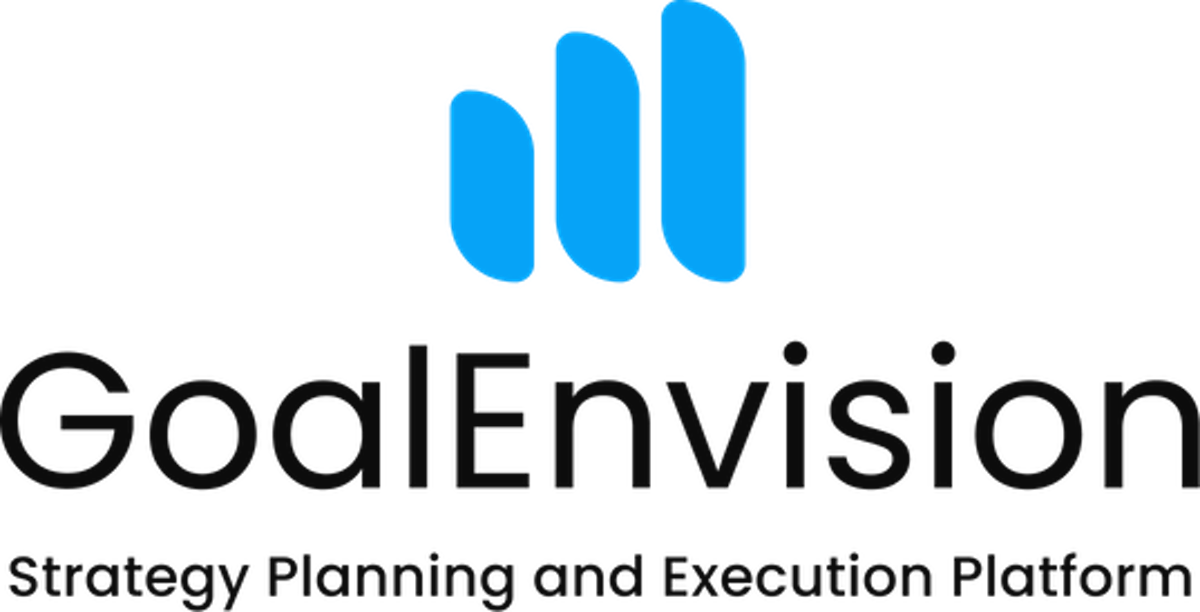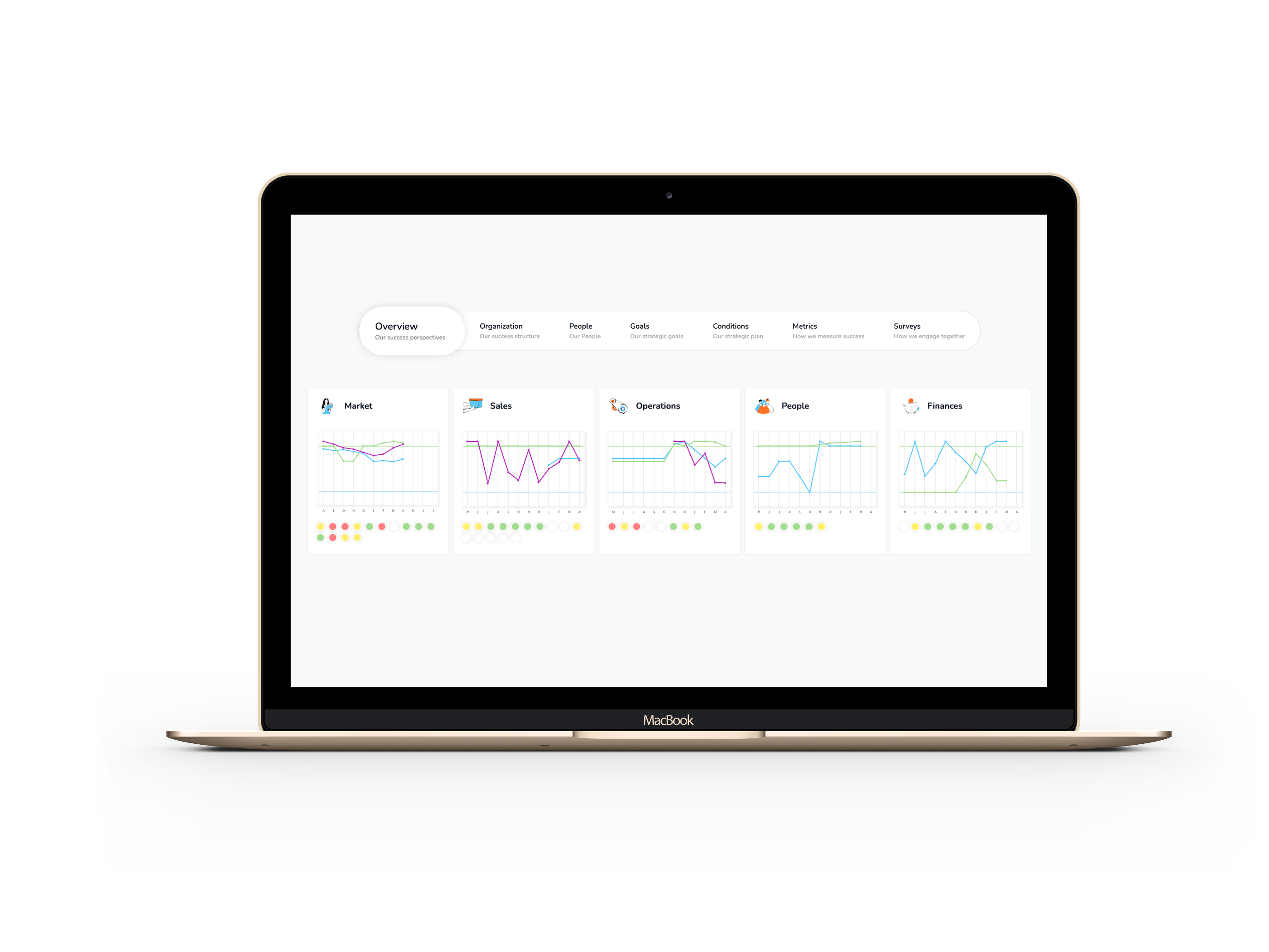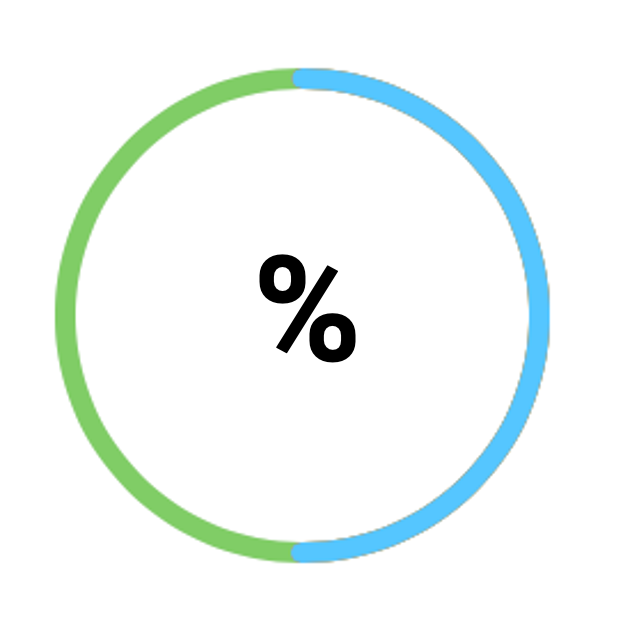What to consider when setting goals? A guide to effective goal setting
Share this article
Setting goals is a fundamental part of any successful strategy, but it is not always an easy task. Here are some key aspects to consider when formulating goals, complete with concrete examples.
1. Specifically
A goal should be as specific as possible to avoid confusion and provide a clear direction.
Example: Instead of saying "We will get better at marketing", you could say "We will increase our conversion rate from 2% to 4% in the next six months."
2. Measurable
As we mentioned in a previous article, measurability is often important for monitoring and evaluating progress.
Example: A goal like "Increase social media followers by 25% within three months" is measurable and makes it easy to track progress.
3. Relevant
The goal should be relevant and linked to the overall objectives of the organisation or project.
Example: If you run an e-commerce store, a relevant goal could be "Increase the number of returning customers by 15% within a quarter."
4. Timed
Each goal should have a clear timeframe to create a sense of urgency and allow resources to be planned effectively.
Example: A company looking to expand internationally might have a goal to "Launch in three new countries in the next 12 months."
5. Realistic
The goal should be challenging but also realistic, to avoid setting the team up for failure.
Example: If you are a small startup with limited resources, a goal of "Increase sales by 500%" might not be realistic. A more realistic goal might be "Increase sales by 50% within the next six months."
6. Emotional
The goal should also have an emotional component that motivates and engages the team. This can help create a sense of ownership and personal investment in the goal.
Example: Instead of just saying "We will reduce carbon dioxide emissions by 20%", you can add "We will reduce carbon dioxide emissions by 20% to contribute to a sustainable future and protect our planet".
7. Relevant
The goal should not only be relevant to the overall goals of the organisation, but also relevant to the people involved. This makes the team feel that their work has a direct impact on the success of the goal.
Example: If you are in a creative industry, a relevant goal could be "Create a new advertising campaign that increases brand awareness by 30% and that the team is proud of."
Summary
When setting goals, keep in mind that they should be specific, measurable, relevant, time-bound and realistic. By following these principles, you can increase the chances that your objectives will not only be clear and understandable, but also achievable and meaningful in the wider context. This in turn will contribute to better focus, efficiency and success of your organisation or project.
About GoalEnvision
GoalEnvision is a user-friendly digital strategy tool that helps business owners and managers to formulate and implement their business strategies effectively. With our tool, you can easily define your goals, identify success factors and create an action plan to achieve them. You can also monitor and evaluate your progress towards your goals. With GoalEnvision, you don't have to be an expert in strategic planning to make your business successful. We offer a methodology and framework that is easy to use and facilitates the whole process. With five levels - vision, business idea, growth objectives, strategic objectives and conditions - GoalEnvision helps you create a clear strategic vision for your business.
Share this article
Did you like this article? Here is more...
Latest




